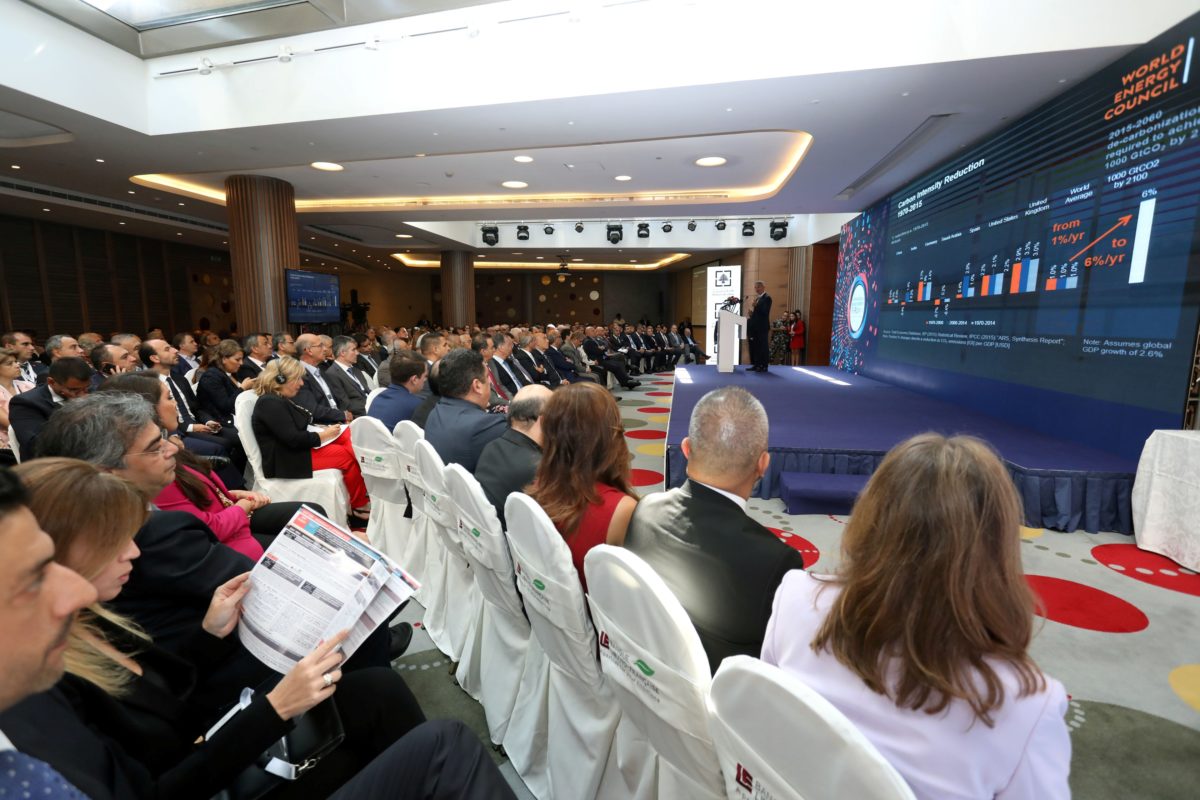Pierre El Khoury, general director and president of the Lebanese Center for Energy Conservation (LCEC) board, told pv magazine that IBEF is “the main platform where professionals from Lebanon and all over the world meet, evaluate, discuss, plan, and most importantly launch actual implementation projects and initiatives to boost the development of renewable energy” in the country.
The event, held between September 26 to 28, was accompanied by the launch of various tenders and initiatives, which aim to boost the country’s solar PV sector.
7 MW solar PV tender
Electricité du Liban (EDL), Lebanon’s public-owned electricity utility, launched a tender for a 7 MW PV plant, the so-called Beirut River Solar Snake (BRSS) project.
El Khoury told pv magazine that initially the Lebanese Center for Energy Conservation (LCEC) financed and built 1 MW of the BRSS project, which was commissioned in 2014. “After commissioning, the ownership was transferred to EDL,” he said.
The second phase, announced during this year's IBEF, regards an additional 7 MW plant, for which stakeholders need to submit their bids directly to the EDL utility by the end of December 2018.
Solar rooftops for 113 schools
The Ministry of Education and Higher Education also launched a new body, to deal with the installation of PV systems on the roofs of 113 public schools across Lebanon.
This project is funded via a grant from the Japanese Government, which will also coordinate the bidding process. Details and a deadline for the submission of bids is expected to be announced soon.
Nevertheless, El Khoury said that based on the initial plans, the total capacity of the project is expected to be around 600 KW and the systems will be net metered. “Yet, the solar systems will have backup batteries, so the net-metering exchange will be minimal,” he added.
Imane Assi, from the Ministry of Education and Higher Education, also told the IBEF that the ministry is keen to include renewable energy in all the public schools’ renovation projects.
Beirut Sea Port goes solar
The LCEC also launched a bid during the event to install a 200 KW solar PV system on the rooftop of the silos at the Beirut Sea Port, which is owned by the Ministry of Economy and Trade.
Bidders need to submit their bids to the LCEC by December 3, 2018.
Popular content
New financing mechanism for rooftop PV
One of this year’s most important IBEF events was the formal launching of the Lebanon Energy Efficiency and Renewable Energy Finance Facility (LEEREFF), a financial mechanism offering low interest loans to Lebanon’s private sector to install energy efficiency and renewable energy projects.
The new mechanism is based on a line of credit totaling €80 million from the European Investment Bank and the French Development Agency.
The loans, which are going to offer subsidized interest rates for a maximum 15 years, with up to four years grace period, will be coordinated by the Central Bank of Lebanon.
The residential sector, individual households and the public sector are not eligible for the LEEREFF loans, however private sector investors are entitled to free-of-charge technical assistance.
Solar PV projects are eligible to apply both for a renewable energy, and an energy efficiency, LEEREFF loan.
Solar PV sector’s take off
The new financing facility is crucial, because it will help Lebanon’s most successful segment of the solar PV sector today: small, decentralized energy systems.
According to official statistics, by the end of 2017, the country had installed 35.45 MW of solar PV capacity. With Lebanon’s decentralized solar target set at 100 MW by 2020, as per the National Renewable Energy Action Plan, the LEEREFF loans can help trigger the private sector to contribute towards this target.
An interesting characteristic of the Lebanese PV market is that about 3.7 MW of the grid-tied PV systems are installed together with a battery.
Nevertheless, although the IBEF staged the solar sector’s take off, it is clear the national PV target of 100 MW by 2020 is astonishingly low. The country needs to do more, and more quickly, to boost solar energy. By the end of 2017, solar power comprised a mere 0.35% of the public utility’s electricity generation.
A right step towards solar power development is the tender for up to 300 MW of utility-scale PV plus battery storage plants. To date, it has attracted an impressive response, yet it is progressing rather slowly. Lebanon’s solar industry can do much better.
The article has been amended on 05.11.18, 17:08 (CET) to correct the number of schools to 113, as it has previously suggested that 130 schools were pertinent to the project.
This content is protected by copyright and may not be reused. If you want to cooperate with us and would like to reuse some of our content, please contact: editors@pv-magazine.com.


1 comment
By submitting this form you agree to pv magazine using your data for the purposes of publishing your comment.
Your personal data will only be disclosed or otherwise transmitted to third parties for the purposes of spam filtering or if this is necessary for technical maintenance of the website. Any other transfer to third parties will not take place unless this is justified on the basis of applicable data protection regulations or if pv magazine is legally obliged to do so.
You may revoke this consent at any time with effect for the future, in which case your personal data will be deleted immediately. Otherwise, your data will be deleted if pv magazine has processed your request or the purpose of data storage is fulfilled.
Further information on data privacy can be found in our Data Protection Policy.